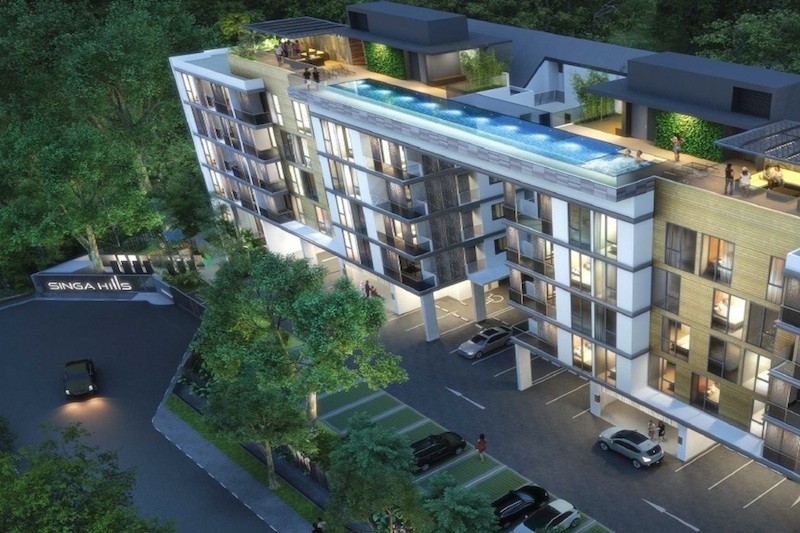When purchasing a condo, one important aspect to understand is the homeowners’ association HOA rules and regulations that govern the property. These guidelines, set by the condo association, significantly impact how you can use and enjoy your home. Failing to grasp the extent of these rules can lead to unpleasant surprises down the line, so it is essential to be well-informed before making any buying decisions. One of the primary aspects of condo ownership is the payment of monthly or annual HOA fees. These fees typically cover services such as building maintenance, landscaping, security, and sometimes utilities. However, fees can vary greatly depending on the community’s amenities, the size of the condo, and the overall budget of the association. It is critical to review the financial health of the HOA by examining their budget and any outstanding debts. A poorly managed HOA could result in higher fees or even special assessments, where homeowners must pay additional funds for major repairs or upgrades not covered by regular fees.

The Orie Toa Payoh condos associations often maintain strict control over shared spaces such as gyms, pools, lounges, and outdoor areas. Each community may have specific rules on how and when these areas can be used. There may be restrictions on hosting private events, noise levels, or the number of guests you can bring into these facilities. Violating these rules could result in fines or even suspension of access to these amenities, so it is essential to understand the limitations that come with shared living. While the HOA typically handles the upkeep of common areas and the exterior of the building, condo owners are often responsible for the interior of their units. It is important to clarify what is included in the association’s maintenance responsibilities and what falls on you as a homeowner. Some associations may cover items like roofing and plumbing, while others may leave these expenses to individual owners. Understanding this division of responsibilities will help you avoid unexpected maintenance costs.
If you plan on making changes to your condo, such as renovating the kitchen or adding new fixtures, it is important to review the association’s policies on alterations. Many HOAs have strict rules about what modifications are allowed, especially if they affect the exterior appearance or structural integrity of the building. Even internal renovations may need approval from the board, and unauthorized changes can lead to fines or the requirement to undo the modifications. Be sure to obtain written consent before embarking on any significant projects. Another key area governed by the HOA is the regulations concerning pets, parking, and leasing. Some communities may have restrictions on the size or breed of pets, the number of vehicles you can park, or how long a guest can stay. Additionally, if you plan to rent out your condo, the association may have rules limiting short-term rentals or requiring you to seek permission before leasing the property. Violating these regulations can lead to penalties, so it is crucial to understand them before committing to a purchase.
